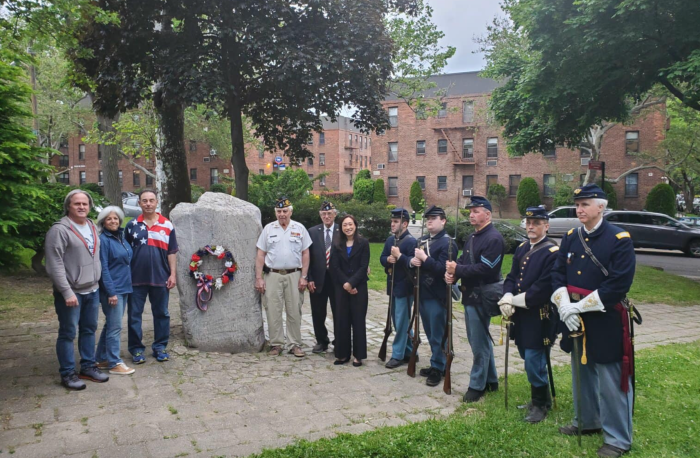The U.S. Supreme Court made a wrong decision when it ruled that some public workers who benefit from union negotiations and protections do not need to bother paying for them.
A handful of home care aides in Illinois, who want it both ways, enjoyed seeing their wages almost double in a decade and had no problem accepting the trophies of health insurance, safety improvements in their workplace and the professional support and training that were a result of collective bargaining.
But they want to be part of the collection of beneficiaries of union dues without being a part of the collection of dues-paying members. They just felt it was coming to them and, in a perfect world, dues-payers would carry the freight for them.
But we do not live in a perfect world. The conservative majority of Supreme Court justices, whose “right to starve” discipleship sits well with their “right to work” philosophy, seized upon the opportunity to treat this case as a prologue to a sordid drama of a larger, sinister agenda: the reduction of the middle-class to serfdom.
Of course, their doctrine is camouflaged in legal language and crafted to sound impeccably reasoned, but it is unreasonable and reactionary. Justice Samuel Alito deplored the “indefensible … aggressive use of [union] power” in the union’s position that all its beneficiaries bear a “fair share” of the fruits that the union has won for them.
Alito used the precise phrases “generally insufficient” and “something of an anomaly” with keen inexactness to blunt the razor-edged opposing argument.
The Supreme Court has thrown lye into the eyes of the people who are the backbone of our country and who grew up with the eroding notion that it rewards us all equally with the dignity of voice and self-determination.
Ron Isaac
Bayside






























